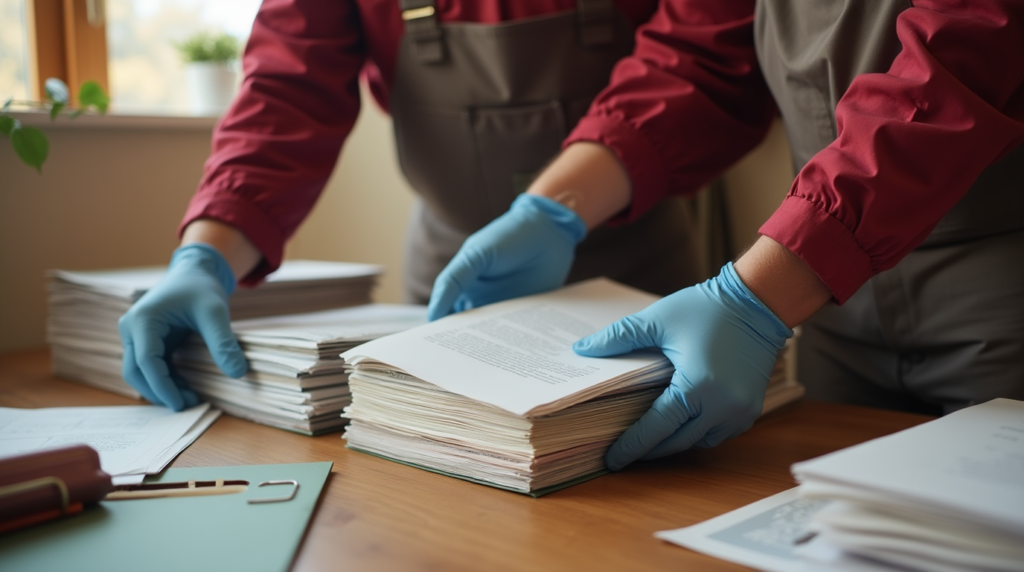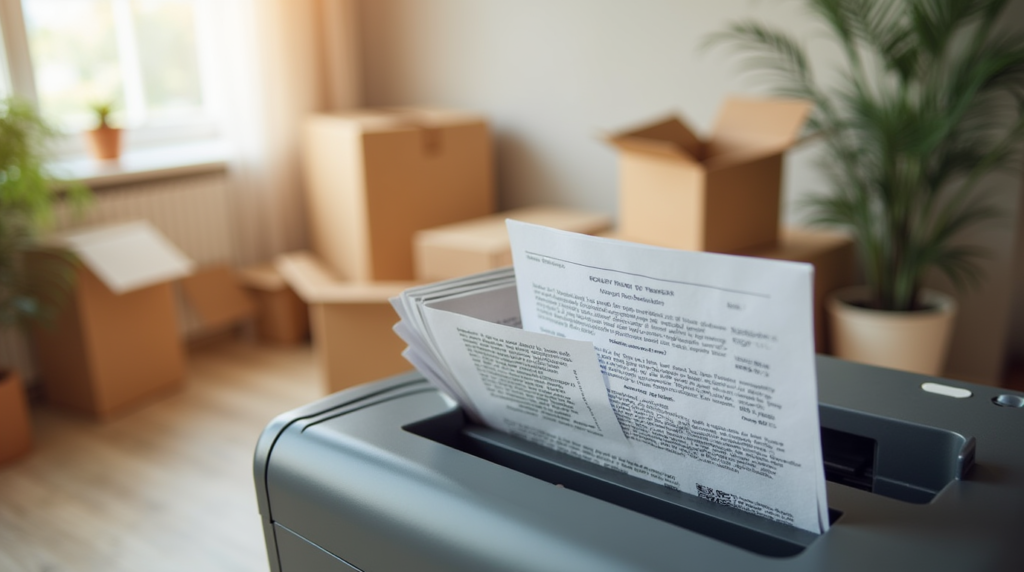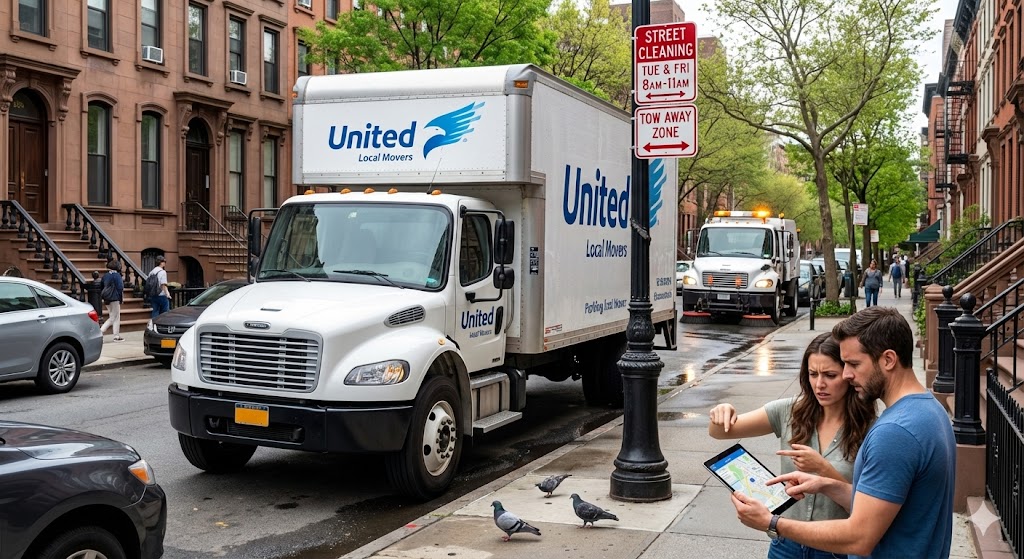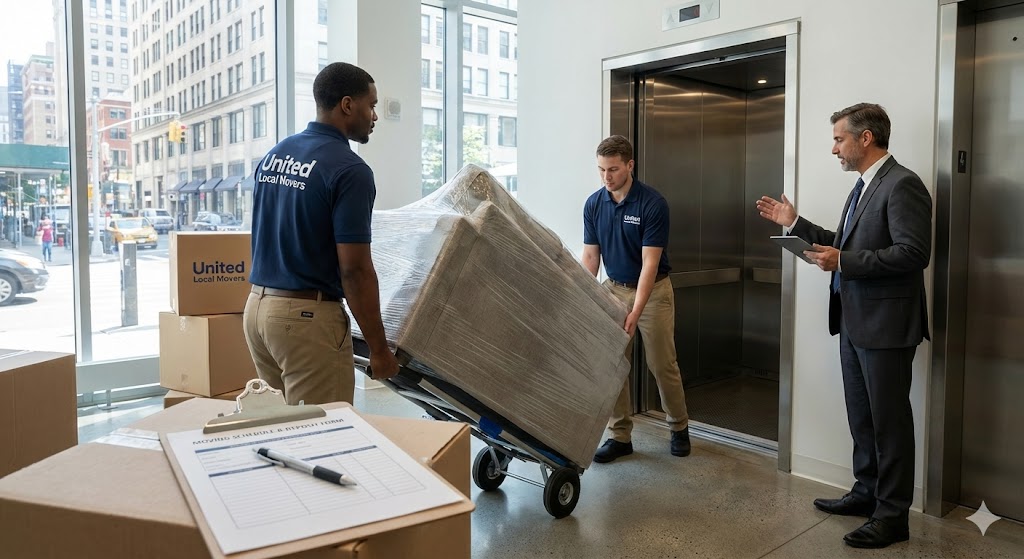 Understanding the Risks of Moving Sensitive Documents
Understanding the Risks of Moving Sensitive Documents
Moving house is a demanding process, requiring careful planning and organization, yet one aspect that is often overlooked is the handling of sensitive documents. In the rush to pack boxes and coordinate logistics, personal records, legal papers, and financial statements can easily be misplaced or damaged. For individuals and businesses alike, safeguarding these materials during a move is essential.
In today’s world, identity theft and data breaches are constant threats, making the security of personal information a priority. Birth certificates, passports, property deeds, and tax records are more than just paperwork; they are the foundation of an individual’s financial and legal identity. If these documents fall into the wrong hands, the consequences can be severe. Yet, many people fail to take adequate precautions when moving, treating their sensitive files like any other household item.
How Sensitive Documents Can Be Lost During a Move
A move presents numerous opportunities for documents to be lost or exposed. Cardboard boxes filled with paperwork may be inadvertently left unattended or stacked improperly, leading to damage from spills, humidity, or misplacement. Additionally, the chaos of moving day can result in misfiled documents or even stolen information if care is not taken. It is crucial to have a plan for transporting sensitive materials separately from regular household belongings. Ideally, documents should be stored in a fireproof, waterproof container, ensuring they remain intact throughout the transition. A personal courier approach—keeping these materials with you rather than entrusting them to movers—can add an extra layer of security.

Handling Sensitive Documents for Business Relocations
For businesses, relocating offices adds another level of complexity. Employee records, client contracts, and confidential data must be handled with precision, adhering to strict privacy regulations. The stakes are particularly high for legal and financial firms, where misplaced documents can result in legal repercussions. Hiring a moving company experienced in corporate relocations and trained in secure document handling is imperative. Specially designated locked file transport containers can offer peace of mind in these cases.
Additionally, businesses should conduct a thorough inventory of their sensitive documents before moving. A dedicated team should oversee the transition to ensure nothing is misplaced. Once at the new location, verifying all documents have arrived and securely filing them away is essential. A well-organized move minimizes the risk of data loss and ensures business continuity.
Digital Security: Protecting Electronic Documents
Digital security is just as important as physical security. In an era where paper records increasingly coexist with electronic versions, ensuring sensitive digital files are properly backed up before a move is crucial. External hard drives, encrypted USB devices, and cloud storage solutions can provide a safety net in case of unforeseen complications.
For businesses and individuals alike, updating cybersecurity measures should be a priority. Moving is an opportune time to assess digital security protocols, including password protections, firewalls, and access restrictions. Additionally, using a VPN during the transition can help prevent unauthorized access to sensitive online accounts.
The Importance of Shredding Unnecessary Documents
Destroying unnecessary documents before the move can also reduce the risk of sensitive information being compromised. Shredding old bank statements, obsolete legal papers, or expired contracts minimizes clutter and safeguards against unauthorized access. Many moving companies provide secure document disposal services, ensuring that disposed materials cannot be reconstructed or misused.
Individuals and businesses should conduct a document audit before moving day, identifying what needs to be kept and what should be destroyed. Keeping records of shredded materials can also provide an added layer of protection in case of future inquiries.
How to Work with Your Moving Company for Secure Document Transport
Communication with your moving company is key. If you are entrusting professionals with any part of your relocation, discuss security measures in advance. A reputable mover will understand the importance of discretion and will offer solutions tailored to your needs, such as sealed document crates or special handling procedures. Some even offer dedicated transport services for high-value or confidential materials, reducing the risk of loss.
Additionally, ensuring your moving company is properly licensed and insured provides an extra level of protection. If sensitive business documents are involved, requiring movers to sign non-disclosure agreements (NDAs) can be a prudent step.

The Final Step: Safeguarding Your Documents After Moving
Once you arrive at your new location, securing your sensitive documents should be a top priority. Designating a locked filing cabinet or safe for these materials will ensure they remain protected. If any documents were digitized for the move, reviewing and properly storing them in secure folders or encrypted cloud storage should be done immediately.
Regular audits of stored documents help maintain security and ensure that confidential materials remain protected over time. Implementing best practices in document security after the move ensures long-term safety.
Conclusion: Moving Without Compromising Security
Ultimately, moving is about more than just transporting physical belongings from one place to another—it’s about protecting the details that define your identity, security, and future. Taking the time to properly secure sensitive documents can prevent unnecessary stress and ensure a smooth transition. By treating these records with the care they deserve, you safeguard not just paperwork, but your peace of mind.
Whether you’re moving across town or across the country, prioritizing document security is an essential step in the moving process. With careful planning and the right precautions, you can transition seamlessly to your new space without the risk of losing valuable records.



